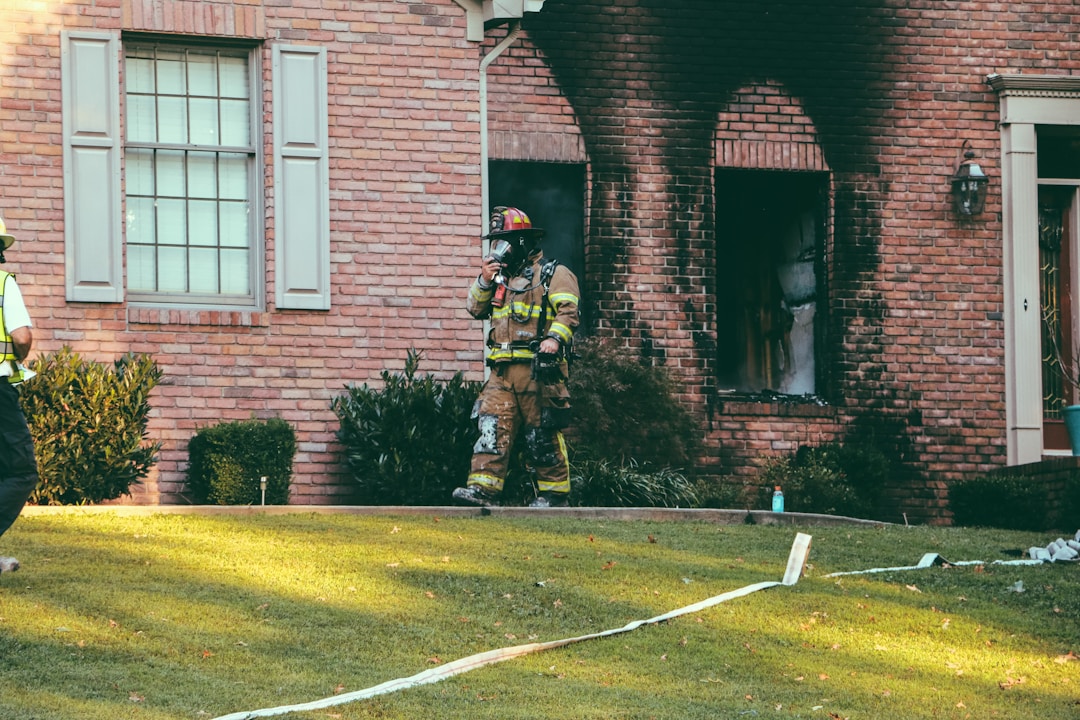Homes come in various shapes and sizes, including condos, townhouses, and detached homes. Property owners may opt for a residence in an urban area or invest in a home in the countryside. Condo owners may have limited private outdoor space, such as a patio, and share the grounds with other building residents, while those who own detached homes may have modest or significant yards.
It can take years to save the funds to buy a house, and property owners incur several additional expenses after they buy a home. Let’s look at the actual expenses homeowners incur when they buy property.
You’ll pay more than the list price for your home.

More than 60 percent of properties in the United States have a mortgage, and many properties owned outright once had a mortgage. In addition to the purchase price, most property owners pay tens of thousands in interest fees before paying off their mortgage.
Homeowners are responsible for repair and renovation costs.
When you rent a property, your landlord’s responsible for crucial repairs and renovation costs. Property owners are responsible for those expenses.
You can hire bathroom remodeling experts to convert your bathtub to a shower or remodel your entire bathroom. Bathroom remodeling in Fort Worth takes as little as one day to transform your bathroom into a modern, functional space. Whether you want to reduce safety hazards by installing a walk-in tub and grab bars or want to update your bathroom to improve how it looks and functions, bathroom contractors offer free estimates, enabling you to budget for these costs.

Homes contain multiple appliances, such as refrigerators, washers, dryers, and microwave ovens. Appliance repair technicians repair broken appliances, enabling you to avoid expensive replacement costs. You can also turn to your appliance repair company to purchase appliance parts in Portland, OR. You may save money by performing minor repairs if you acquire the correct parts.
Property owners should budget for the cost of repairing and replacing household systems, such as their plumbing and heating, ventilation, and air conditioning (HVAC) systems. Plumbing leaks can cause structural damage, mold growth, and higher water bills. A faulty HVAC system can reduce your indoor air quality and cause your energy bills to increase.
You’ll pay extra monthly fees.
Mortgage companies require property owners to have homeowners’ insurance. This insurance pays for structural repairs and property replacement costs. Suppose your home is damaged in a fire. The cost of fixing your house and replacing personal items destroyed in the fire is covered by your insurance.

Homeowners’ insurance also covers liability costs. Suppose someone trips on a loose board on your deck and files a lawsuit. Your insurance pays for legal expenses and settlement costs.
Property taxes are another recurring expense. Some property owners opt to make annual tax payments while others make monthly payments alongside their mortgage payments.
Property owners are responsible for their internet, electricity, and water bills. Property owners may also have additional fuel costs if they use natural gas or have an oil furnace.
Property owners are responsible for maintenance costs.

Property owners typically spend a few thousand per year on maintenance costs. This amount may cover some repair costs, but it also covers routine maintenance tasks such as replacing batteries in smoke detectors and biannual HVAC system maintenance. The exact amount you’ll spend on annual maintenance depends on how many tasks you perform yourself. Suppose you live in the country and commute to work. You may have limited time for routine maintenance tasks and opt to pay someone to mow your lawn. Your location could also affect your maintenance costs. For example, if you get a lot of snow in the winter, you may hire a snow removal company to clear your driveway and walkways during the winter.
The cost of owning a home involves more than the purchase price. Additional expenses include property taxes and insurance, maintenance, repair work, and utility costs.

